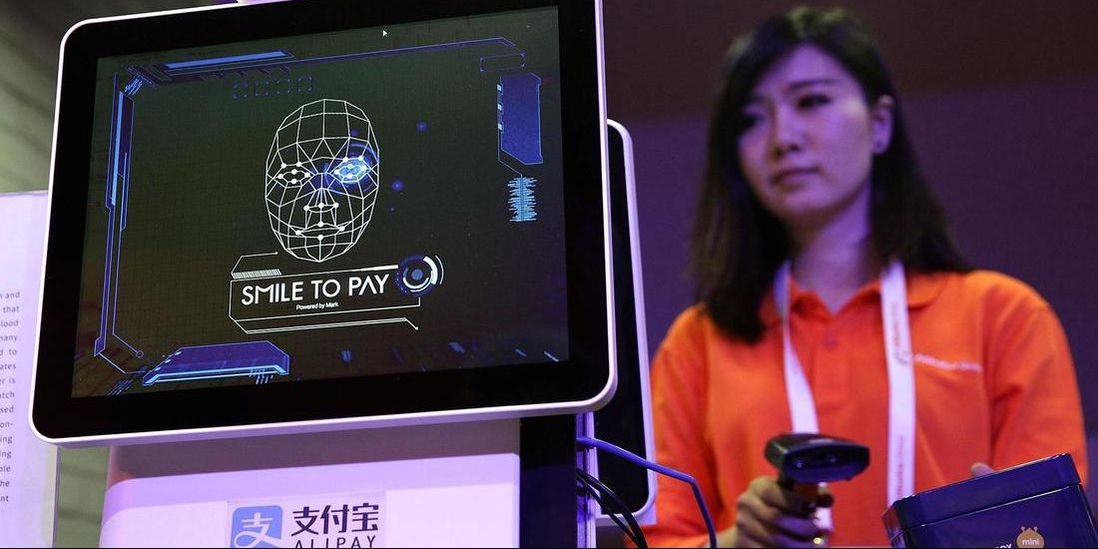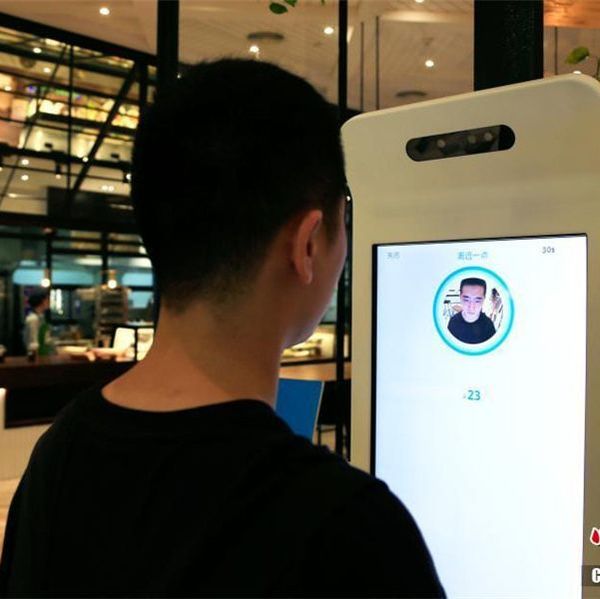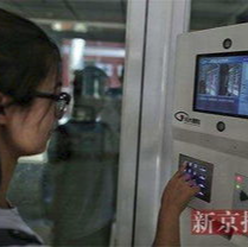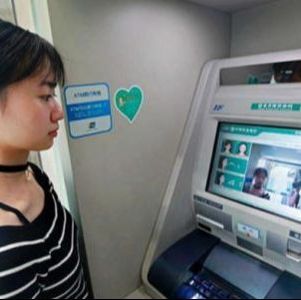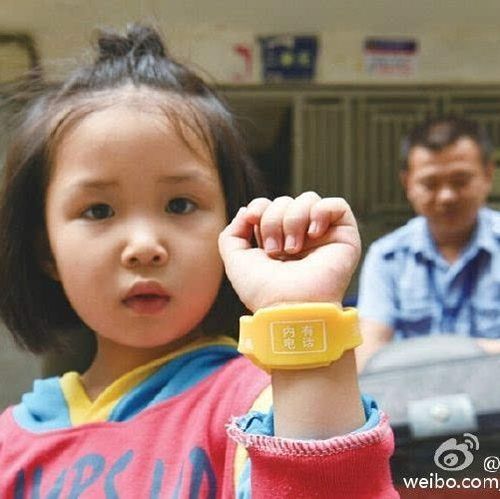|
Technology Creating New Lives
11/10/2017
chinaurbanisationnews Social
Technologies are changing our lives in a way never previously expected. Face recognition and GPS systems are rapidly becoming an everyday part of our lives.
|
|
2017/05/27
The New Sharing Trend: Umbrellas And Washing Machines
2017/05/17
Cities Graduate to First Tier
2017/04/26
Food Quality Tracking System Established
2017/04/19
Green Burial the New Fashion
The New Sharing Trend: Umbrellas And Washing Machines
2017/05/17
Cities Graduate to First Tier
2017/04/26
Food Quality Tracking System Established
2017/04/19
Green Burial the New Fashion

